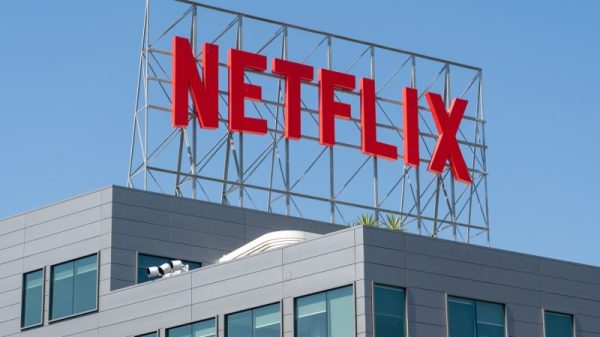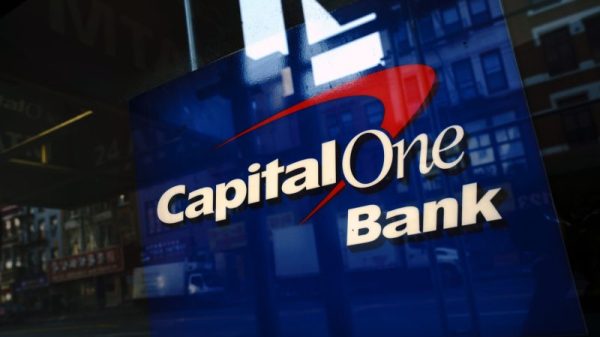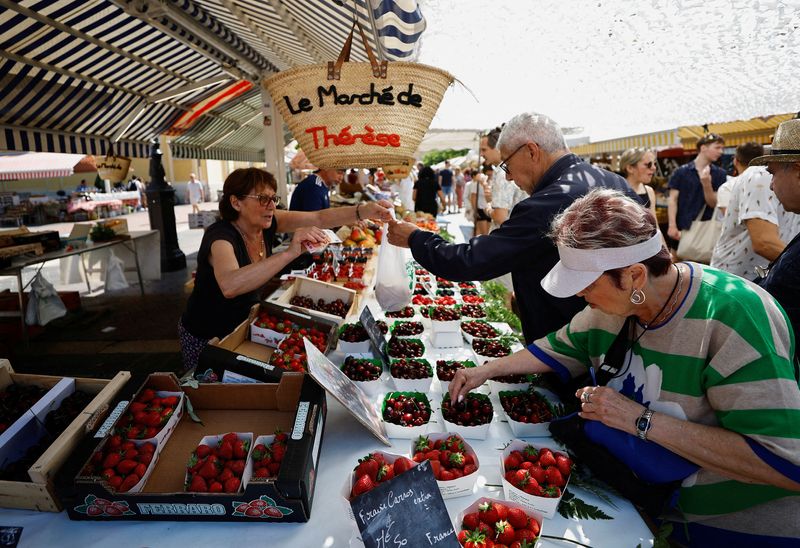By Balazs Koranyi
FRANKFURT (Reuters) – European families are sitting on an ever-growing pile of savings, confounding hopes that consumer largesse can boost the region’s economy as it falls yet further behind that of the United States.
This rise in savings when consumers are enjoying the best income growth in years goes against textbook wisdom on consumer behaviour and has prompted some to question whether there has been a paradigm shift that bodes ill for Europe’s future growth.
Some economists think the world will soon be back to normal, but others see a more permanent shift. A great deal depends on the answer to this puzzle.
If savings, at their highest rate since the worst days of the pandemic, are unwound, growth could take off.
But the absence of the turnaround could prompt businesses, which have been hoarding labour for years, to reduce headcount, further depressing consumption and potentially starting a downward spiral for the economy.
“When I think about prospects for activity going forward, consumer behaviour really is the linchpin,” Bank of England policymaker Catherine Mann said. “It has been the case over time that how the consumer goes is really how business investment goes, how the state of the fiscal side goes, and so forth.”
Euro zone households saved 15.7% of their disposable income in the second quarter – well above levels around 12% before the pandemic – and this rate has been trending up for the past two years.
In Britain, the so-called savings rate was at 10.0% and has also been trending up for years to levels not seen since the pandemic, when consumers had fewer spending opportunities.
In stark contrast, the personal savings rate in the United States has been trending down this year as consumers gain confidence in growth.
PERMANENT CHANGE?
The underlying causes are difficult to decipher, because some are temporary while others may be more permanent.
Those who see the trend as temporary say that families are keen to rebuild cash buffers and wealth after the worst bout of inflation in more than a generation. Some are still bracing for the repricing of their mortgages since interest rates have shot up in recent years.
Consumers are also uneasy about war on Europe’s eastern border, volatility in energy prices, the potential impact of the U.S. election, turmoil in the Middle East and the deep industrial recession that could lead to more job losses.
Europe’s savers are also relatively unsophisticated, so high bank deposit rates are also encouraging customers to put cash into term deposits.
But structural shifts are more worrisome. Savers just experienced three once-in-a-lifetime shocks, including the pandemic, Russia’s invasion of Ukraine and inflation, and these could prompt some to be ever more cautious even in the longer run.
Climate change, the decline of the working age population, deglobalisation and the economy’s shift from industry to services also weigh on confidence in a way that is unlikely to reverse quickly.
The German Savings Banks Association recently surveyed consumers on what they would do if they were unexpectedly given 500 euros and most said they would save it up.
“This is not temporary, nor just a snapshot, because we would then have gotten the opposite result,” Ulrich Reuter, the chairman of the association said.
“The younger generation is also insecure. They say: ‘what about climate change? What about my retirement provision? The older generation lives at my expense!’”
Household consumption rose just 0.1% in the second quarter in the EU, while the investment rate has fallen steadily.
HOPEFUL SIGNS
There are some encouraging signs on the horizon.
Interest rates are falling, so commercial banks will cut term deposit rates, encouraging some savers to spend.
Sentiment gauges also show a modest improvement in expectations and households are enjoying some of the best income growth in three years or more since inflation is now largely back to 2%.
“Household confidence is gradually improving and that might be a signal that the savings rate could be peaking,” ECB policymaker Martin Kazaks said. “That could be an early indication that consumption could turn around and drive the recovery.”
Indeed, the small surprise in euro zone growth last quarter was due in great part to private consumption, which remained weak but may have bottomed out.
On top of that the labour market remains resilient, despite some softening in surveys and vacancy rates.
“It’s possible that firms could start reducing their workforce in the absence of a recovery, but if that were to happen, that should already be taking place, given two years of near stagnation,” Belgian central bank Governor Pierre Wunsch said.
“Firms still struggle to fill vacancies and people, especially skilled workers, find work relatively easily,” he added. “My base case is for a recovery in 2025 and I would not exclude that it would surprise us on the upside at some point as people get comfortable with their higher real income growth.”

































